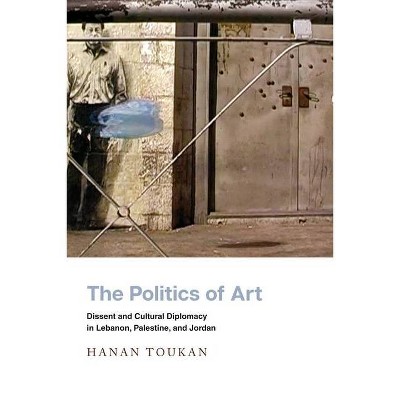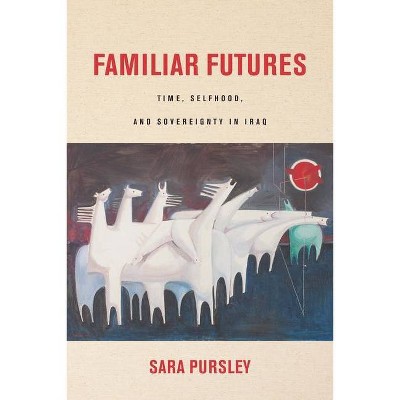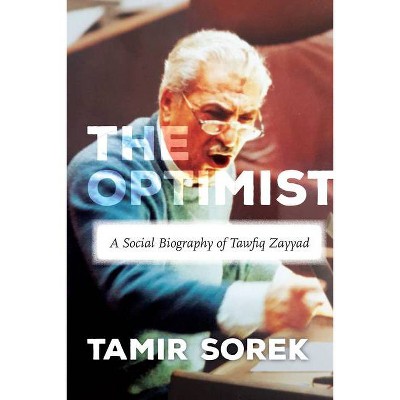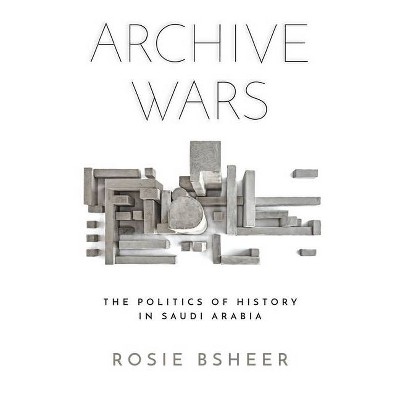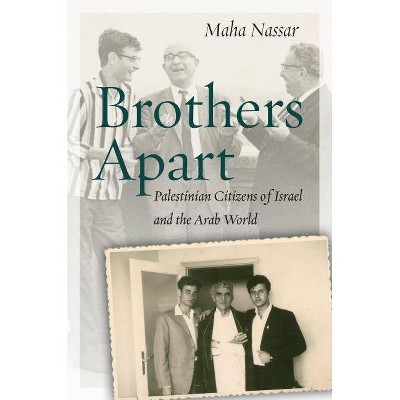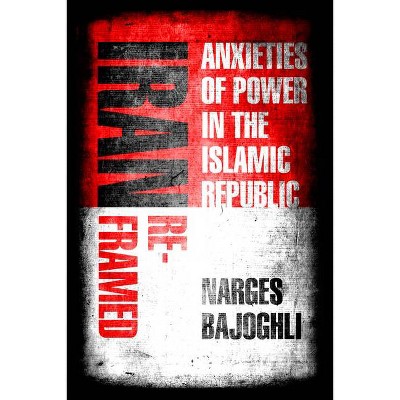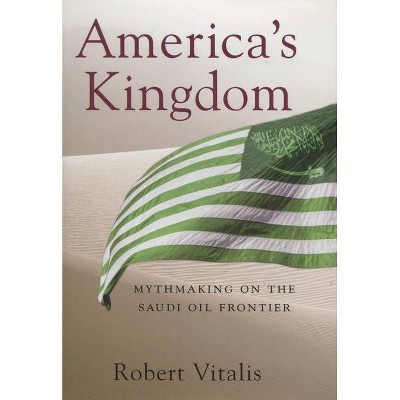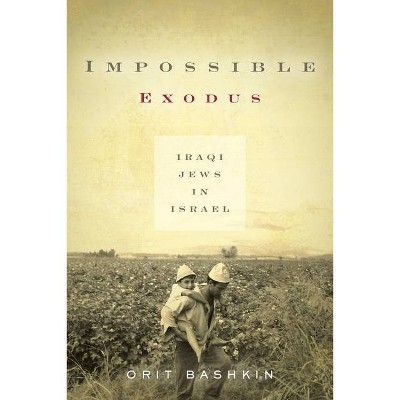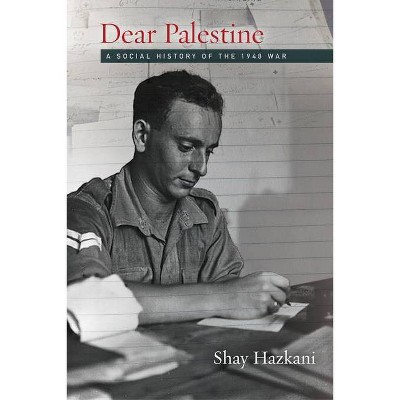Bazaar Politics - (Stanford Studies in Middle Eastern and Islamic Societies and) by Noah Coburn (Paperback)

Similar Products
Products of same category from the store
AllProduct info
<p/><br></br><p><b> About the Book </b></p></br></br>Examining politics in a small Afghan town that managed to remain relatively peaceful in the years following the fall of the Taliban, this book calls examines how and when violence erupts and calls into question the international community's approach to developing stability in Afghanistan.<p/><br></br><p><b> Book Synopsis </b></p></br></br>Examining politics in a small Afghan town that managed to remain relatively peaceful in the years following the fall of the Taliban, this book calls examines how and when violence erupts and calls into question the international community's approach to developing stability in Afghanistan.<p/><br></br><p><b> Review Quotes </b></p></br></br><br>[Coburn's] single-case, ethnographic approach has a distinct advantage: It allows him to paint a fascinating and finely detailed portrait of a local political system that defies many Western categories and concepts of governance . . . an invaluable perspective on the international operation.--Roland Paris "<i>Perspectives on Politics</i>"<br><br>Coburn explores and explains a strange paradox in Afghan politics: that local communities appear to have the means to maintain stability even when the national government does not. This is the first ethnographic study published on post-2001 Afghanistan, and is highly recommended not only for those interested in Afghanistan, but those seeking a new perspective on comparative politics more generally.--Thomas Barfield "Boston University"<br><br>Soldiers and civilians deploying to Afghanistan and those writing policy papers can all profit from Coburn's work. The focus on a single village opens understanding of crucial factors about Afghanistan that need comprehension; the complexities of political power, why decisions are often difficult to achieve, the superficiality of NGO and foreign interventions, and the fictions that sustain political interactions are as enlightening as they are humbling to our theorizing. This book is worth reading.--Ronald Neumann "US Ambassador to Afghanistan 2005-2007, author of <i>The Other War: Winning and Losing in Afghanistan</i>"<br><br>This book is based on an ethnographic study of Istalif, a small town north of Kabul. . . Coburn's strongest opinions emerge when he writes about local NGO's, and about the presence of international military and development groups in the town. . . [His facts] raise many questions about class relations in Istalif and in the region, and other important questions about the effects of current styles of imperial war on everyday lives.--Nancy Lindisfarne "<i>Journal of the Royal Anthropological Institute</i>"<br><p/><br></br><p><b> About the Author </b></p></br></br>Noah Coburn has worked as a specialist for the United States Institute of Peace in Kabul, Afghanistan, as well as a researcher for the Afghanistan Research and Evaluation Unit and the Aga Khan Trust for Culture. Between 2006 and 2008, he spent eighteen months doing research in an Afghan village on the Shomali Plain. He holds a PhD in anthropology from Boston University, and has taught at the University of Michigan, Boston University, and Skidmore College.
Price History
Price Archive shows prices from various stores, lets you see history and find the cheapest. There is no actual sale on the website. For all support, inquiry and suggestion messagescommunication@pricearchive.us
